Charles:
Welcome to the Referendum 23 Tapes podcast. Today’s a very special podcast. I’ve got two great guests, guests to whom I spoke recently at an event at Our Lady of Mercy College in Heidelberg. I have joining me in the podcast studio we have, first of all, Katelyn. Katelyn, welcome to the podcast.
Katelyn:
Thank you. It’s great to be here.
Charles:
We also have Sienna. Sienna, welcome to you to the podcast.
Sienna:
Thank you for having me.
Charles:
Well, we’re talking about the referendum, and I’ve got to say that what I was really intrigued about when I came out to, I’m not going to keep saying Our Lady of Mercy College, but OLMC, one of the things that really impressed me was the broad interest from the student body of the Year 12s, because I must admit, and I was saying to you, Sienna, before we started the podcast, I was really challenged. There were so many questions and there was so much interest. Sienna, I’ll start with you. Can you have a bit of a yarn about the level of interest in this particular campaign within the student body and with even your cohort of friends, maybe even outside of school?
Sienna:
I think there’s just so much interest regarding the referendum because it’s really an opportunity to be a part of history, whether the vote goes through or doesn’t go through. I think we’ve heard, even in Legal Studies, we’ve studied referendums and how big of a deal they are. I think there’s just so much interest amongst the youth to really just be a part of that history and see if change happens depending on however you vote. But I think it’s just being a part of Australia and getting to vote and just be involved in the actual voting process, I think is a really big deal to the youth.
Charles:
Just to clarify, you are both actually going to be voting on the 14th of October, aren’t you?
Sienna:
Yeah.
Katelyn:
Yeah.
Charles:
Which is fascinating. As the first time voting for you, how does it feel, Katelyn, to be first time voting in something as monumental as a referendum?
Katelyn:
I’ve got to say it feels pretty special because for a while now, ever since I was about 13, I’ve always wished I could vote, have a say in things, and from my first like having a say to be in a referendum that may ultimately impact so much in our community and the wider Australia, it feels amazing.
Charles:
Do you have many conversation with friends and family about this particular issue? Let’s just bear in mind, I’m not seeking for anybody to advocate for a yes or a no, but just a general feel for the sorts of conversations that you may be having and how they’re going?
Katelyn:
Yeah, I talk a lot with my parents about it. They’re very open and they always are up for a conversation about political things or just anything in general and I’ve got a lot of friends who are very interested in the news and follow the news a lot, so we get to school and we’ll talk about things we’ve seen in the media and say, “Oh, what did you think of this?” It’s a very big conversation.
Charles:
What about you, Sienna? Have you been having conversations with friends and family and how have they worked out for you?
Sienna:
Yeah, I think the referendum is currently so big in the media and even on social media, so I think it’s just natural that you’re going to have conversations with friends and family about it. I’ve had conversations with grandparents, with my parents and people in the classroom and at school and my friends. But it’s just really fascinating to see everyone’s different perspective. I think age plays a big factor on potentially how you’re going to vote, but I think that’s been really fascinating to see how people are approaching this vote that’s coming up and how the media’s playing a role in, I guess, in some way determining how people are leaning towards, I think.
Charles:
Now, you’re both 18 years old, so I assume you both consume a fair degree of social media, whether it’s Facebook or Instagram, whatever. What’s been some of the standout, either negatives or positives for you in social media when it comes to the referendum? We’ll start with you, Sienna.
Sienna:
I think it’s all dependent on what social media you’re following, I guess. I think there’s been less right-wing depictions of the referendum and less conservative depictions of the referendum. However, I follow the ABC on Instagram, and I know they’ve done a really great job of documenting the referendum, what it means, what it could potentially mean for Australia. But I think it really comes down to what you’re prescribing to and what kind of social media you’re looking for. I think, yeah, that’ll play a factor into what informs your opinions.
Charles:
Katelyn, what about you? What experiences have you had with social media and the referendum and the Voice in general?
Katelyn:
I think because I’m on Facebook, I got dragged on by my mom. I see a lot of right-wing stuff and some of it’s quite confronting, but then I also see some more left-wing and these people who have such amazing ideas, but the right wing’s just always so much louder. I see a lot of loud voices and they’re all saying the same thing and no one’s listening to other opinions.
Charles:
What are some of the, I suppose, more confusing comments and elements on social media or even general media that you’ve come across?
Katelyn:
A lot of people just think that it’s not going to do anything. I find that quite wrong for one thing, because it’s such a big step in righting so many things that have gone on in our history. I think it’s incorrect to say that it’s not going to achieve anything because it is, it’s a step forward and a step forward is better than nothing at all.
Charles:
What about you, Sienna? What are some of the more confusing posts and elements that you’ve seen in social media and general media?
Sienna:
I think similar to Katelyn, I think just some misinformation as well. I think there’s a lot of assumptions about what the referendum could mean, what it could look like, and I think there is a little bit of a defeatist attitude going on, particularly with older generations. I think there’s just this assumption that nothing will come about if there is Voice to Parliament, but I think there’s just a lot of misinformation going on, and I think it’s easy to say no at this point in time because people are scared of change and just have a defeatist attitude, which makes them less inclined to, I guess look forward, if that makes sense.
Charles:
What has the general feedback been from your own school community with these conflicting messages and social media and the general media and indeed, that if you’re confused, then vote no. Now, I think about 70% of the school cohort, of the Year 12 cohort are going to be at least eligible to vote. That’s a sizable percentage of people. How is this confusion impacting them?
Sienna:
I think it’s really interesting because when you came to our school and you spoke to us regarding the referendum and just key details, I think so many people from my school were just enlightened about the actual nitty-gritty facts of the Voice to Parliament. I know I had learned a lot. I think just there’s been so much misinformation, which it actually has made the vote appear to be a bit overwhelming for some. I think some people are really excited about having an opportunity to vote, and others are really, I guess maybe putting off thinking about how they want to vote because there’s just so much information going on and there’s no clarity right now, so I think it’s putting people off a little bit. Yeah.
Charles:
Katelyn, what would you like to see the campaigns actually do? That’s both yes and no. What would you like to see come from then?
Katelyn:
More youth engagement. I think a lot of people around my age are just very confused about it and don’t know truth from false. Although they want to know about it, they don’t know where to go to find the correct information and there’s just a lot of confusion. Confusion ultimately is making people back away and say, “Oh, no, no, I don’t want to get involved.” I think the best thing that either campaign could do is just explain more to youth, because ultimately, youth are the future, and really it matters what we have to think.
Charles:
Katelyn, staying with you, the fact that there is a great deal of confusion within the youth and within, let’s just say the electorate that is Year 12 at OLMC Heidelberg, would you say that there’s a sizeable percentage of students that may vote just no or refuse to vote just because there’s that lack of clarity from both sides of the campaign?
Katelyn:
I think definitely because whilst for me, it’s something that I find exciting that I get to vote in a referendum, I know that there are some people who find that very confronting that their vote could mean so much. I think there will be an issue of a lot of people just not wanting to vote because they don’t want to influence it one way or the other because they’re just so confused and they don’t know what really is in line with their own morals.
Charles:
How then, Sienna, do you go about having conversations with people, if the information isn’t there? I mean, how does a typical conversation go, given that there’s so much misinformation and disinformation?
Sienna:
Yeah, I think that’s really important. I mean, I don’t want to have a conversation with someone and try and influence them in any way, and I don’t want to force my beliefs onto another person. But I think really finding those really reliable sources of information. I know, like I said before, the ABC is my go-to, and I think it’s been really fascinating to see how different media corporations depict the referendum, if you want to compare Sky News or the ABC.
Charles:
My favorite.
Sienna:
But I think it’s really important in being really selective in what media you’re consuming to help inform your beliefs. But again, I think there is so much dependency on the youth in this vote, and I think it’s really important for the youth to engage in the news. There’s a really broad spectrum within the youth. I think there’s some, I guess like Katelyn and I that are really fascinated by the news and what’s going on around the world. But I think on the other side of the spectrum, a lot of people our age are not interested in engaging in the news because there is so much confronting stuff happening within the world right now, like if you want to look at the Russia and Ukraine war.
Charles:
Of course.
Sienna:
I think that is a bit off-putting for some to really engage in what’s going on in the world, but I think it’s important. It’s just a really fantastic opportunity to really engage in the media and really learn about what’s going on, what this could mean for Australia, and just to really understand what your vote could mean for the nation.
Charles:
Now, one of the things that we yarned about at the school was the fact that it’s legal to lie in a political campaign. What are your thoughts on that? The fact that, look, as a business owner, if you lie, you’re in massive trouble, but as a politician or advocating on a campaign on any side for a referendum, you can lie to your heart’s content. What are your thoughts on that?
Sienna:
I think, on the one hand, I guess it’s an effective tactic by the opposition, but I think in all seriousness, it can be quite negligent. Misinformation can have really serious ramifications for the rest of the nation, and I think it’s really negligent to deliberately go out of your way to misinform people that potentially aren’t well-equipped to understand what’s really going on behind the scenes and I think that could be really problematic.
Charles:
Katelyn, I heard you and saw you agree with what Sienna was saying then. What would you advocate that politicians do about this ability within Australia to lie in campaigns like that? Would you like to see a change that there’d be truth in political advertising across the country?
Katelyn:
Look, as much as I would like to see it, it’s politicians we’re talking about so I don’t think it’s likely.
Charles:
Oh, you’re a cynic at 18.
Katelyn:
Oh, yeah.
Charles:
Goodness me.
Katelyn:
I don’t think we’re likely to see it, but it would be good to see politicians getting down on the same level as youth, sort of stop riding their high horse and get down into the nitty and gritty with youth. I’ve had many conversations with local politicians, and I think it would be great to see some larger politicians and also the national level coming to youth and really explaining why they say what they say and giving reasoning. Because I think a lot of the time, politicians are very loud, but they don’t exactly explain why they’re saying it, and they promise a lot of things, but they don’t give reasoning. They don’t back up what they’re saying. They rely on their voice being loud and their personality and their charisma to carry them far.
But with youth, that isn’t the case as much. There are a lot of us who, particularly people like Sienna and myself, who we want to know the details. We’re not just going to blindly believe it because I think we’re so misled by a lot of other facets of media that a lot of us have become distrustful. We just doubt everything we see in the media, and so it would be good to have someone who is more of a high political stance, come and talk to us and really explain the logistics of their position and why they’re saying what they’re saying.
Charles:
But talk to you as adults.
Katelyn:
Yes. Yeah.
Charles:
Not as children.
Katelyn:
Yeah.
Charles:
That’s obviously an important thing, and that’s something missing obviously. But just sticking with or going back to media content, how then, in this important decision, we’ve only got a few about, what? Five or six weeks. How do you anticipate going out there, finding out more accurate information? How do you deep dive through all the confusing information and misinformation out there?
Katelyn:
Well, I know one of my facets of information, and I know a lot of people like myself who just want the key facts and the goods, like the things that are relevant to them and apply to them rather than digging through numerous articles. I know that on social media like TikTok, ABC News and other news outlets have created accounts and they give a youth version of what they’ve put out on their websites. I follow a lot of them and I listen to a lot of them. They have podcasts, all those kinds of things, and they get down to the nitty-gritty, but explain it in a way that makes sense and is relevant to youth and explain what it would actually impact for them and that kind of stuff.
Charles:
Sienna, what would you hope that young voters, first-time voters actually do in the lead-up to the referendum?
Sienna:
I’d hope they inform themselves. I think we’ve talked a lot about information today and misinformation. I think to the youth, it’s your responsibility. I think, like we’ve said about the politicians, you can’t really expect heaps from the politicians, which is really a shame in this day and age. But for such a significant thing, it’s your responsibility to inform yourself and seek that information. If you are really concerned about what this referendum could mean, either way, yes or no, I think you’d probably take it upon yourself to really try and delve into the information and find either way, what could this mean for Australia? What could this mean for Australia in the long run? How is this going to impact people on a local level?
Charles:
Sienna, Katelyn, I want to thank you so much indeed for both coming onto the podcast today.
Sienna:
Thanks for having us.
Katelyn:
Thanks for having us. Yeah.


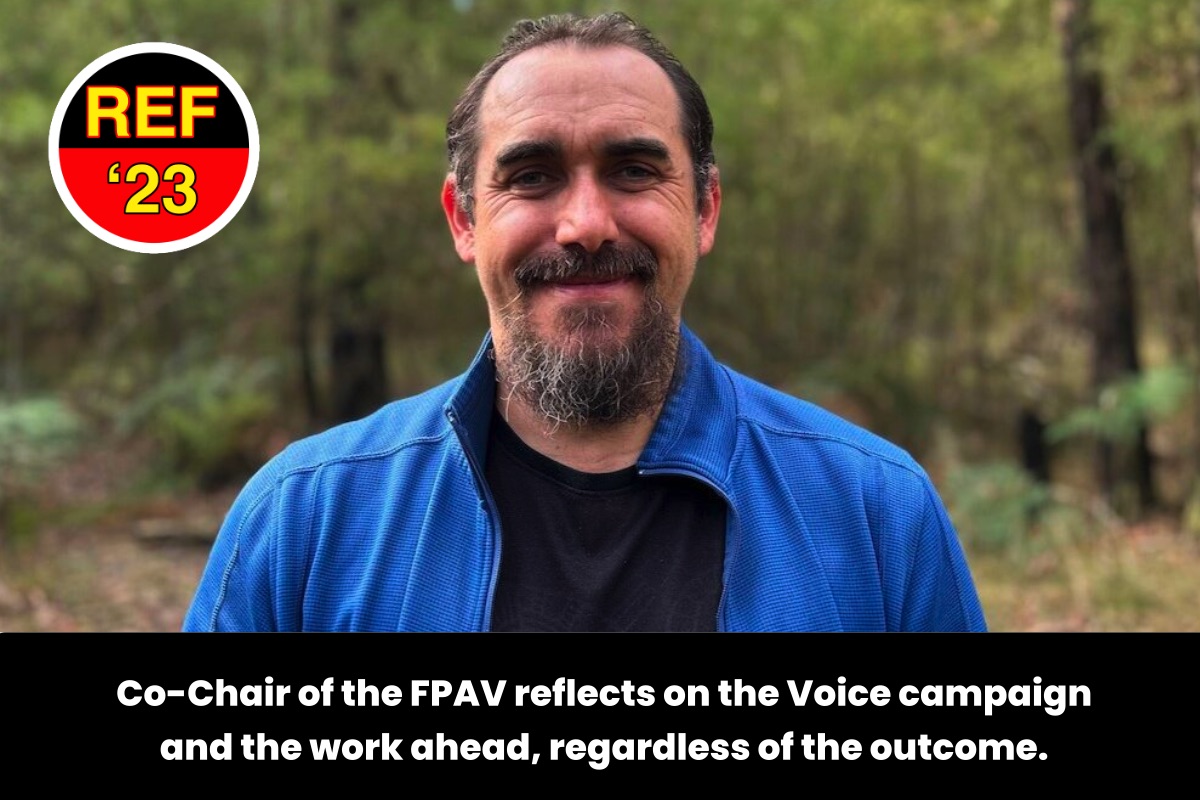
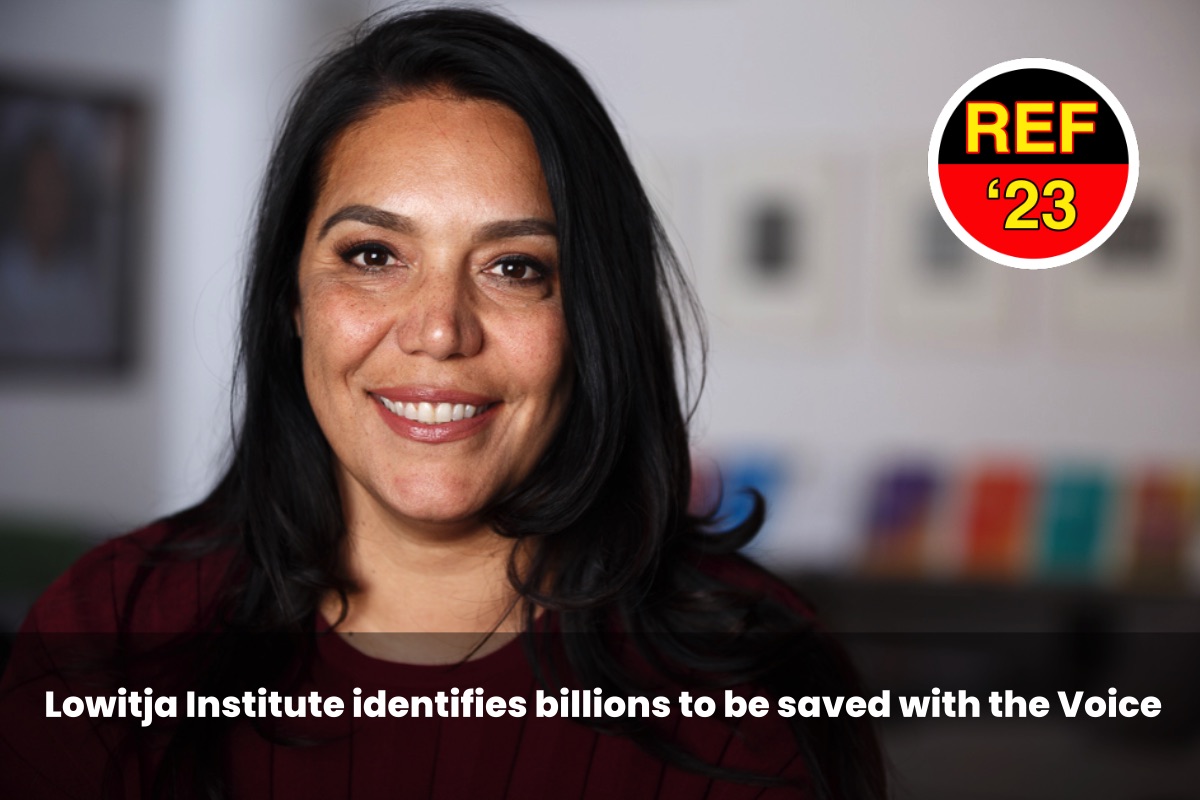
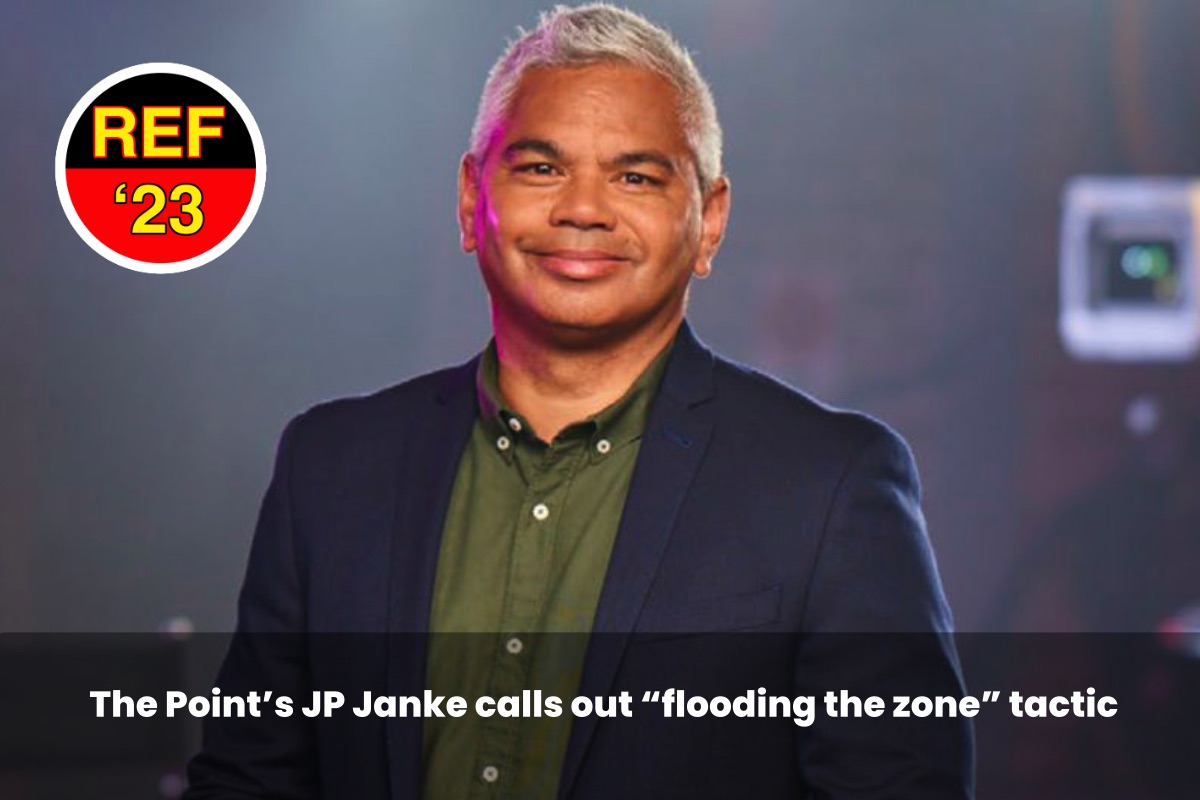
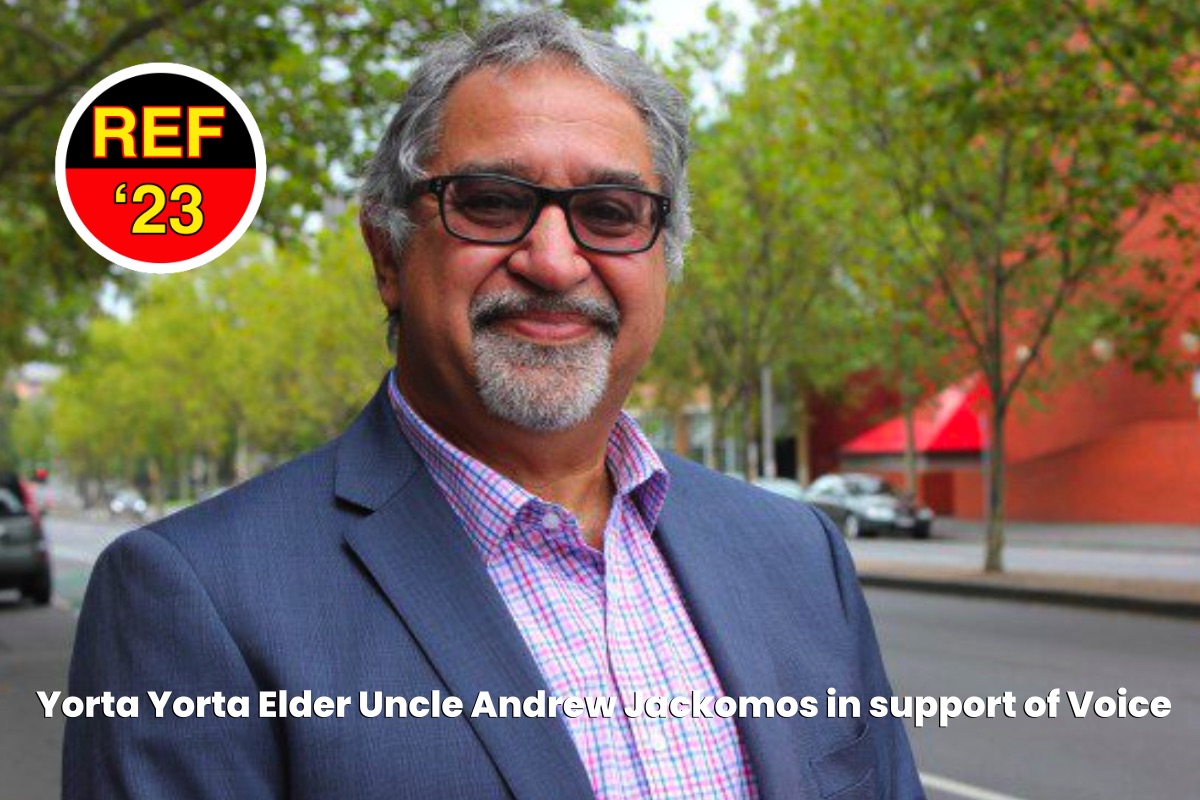
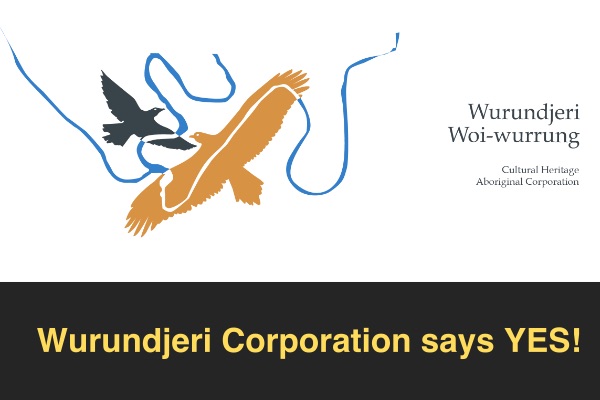

0 Comments